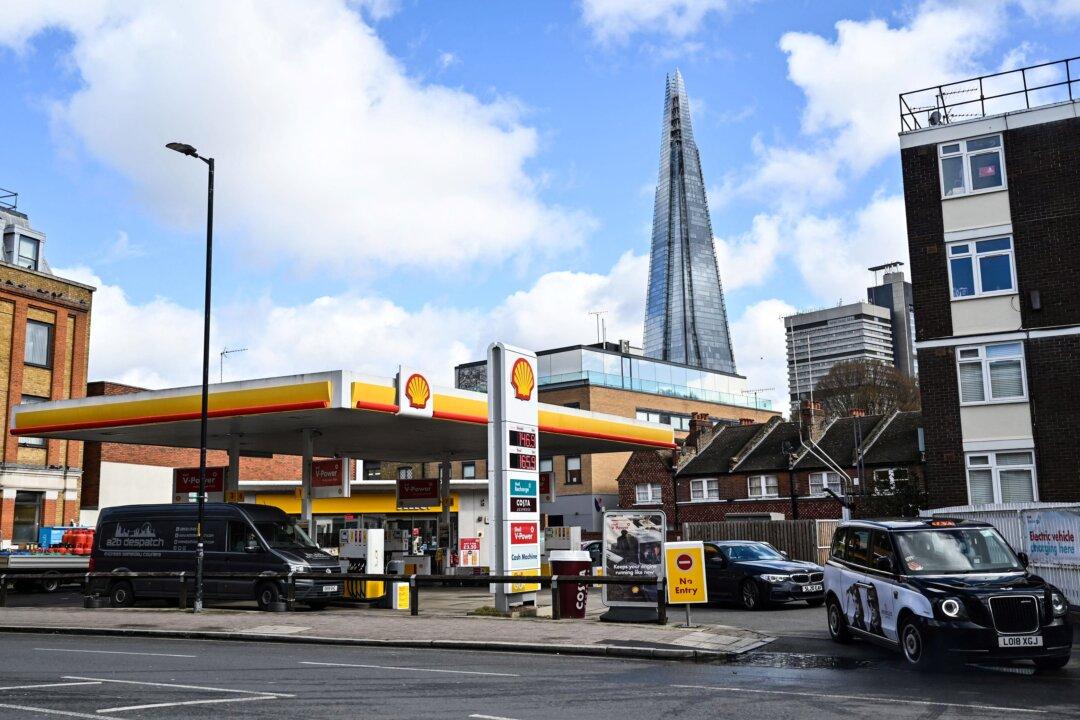In August, UK motorists grappled with one of the largest monthly fuel price increases in over 23 years.
The RAC reported that the average price of petrol climbed by seven pence per litre, the fifth most significant monthly rise during this period of year.





